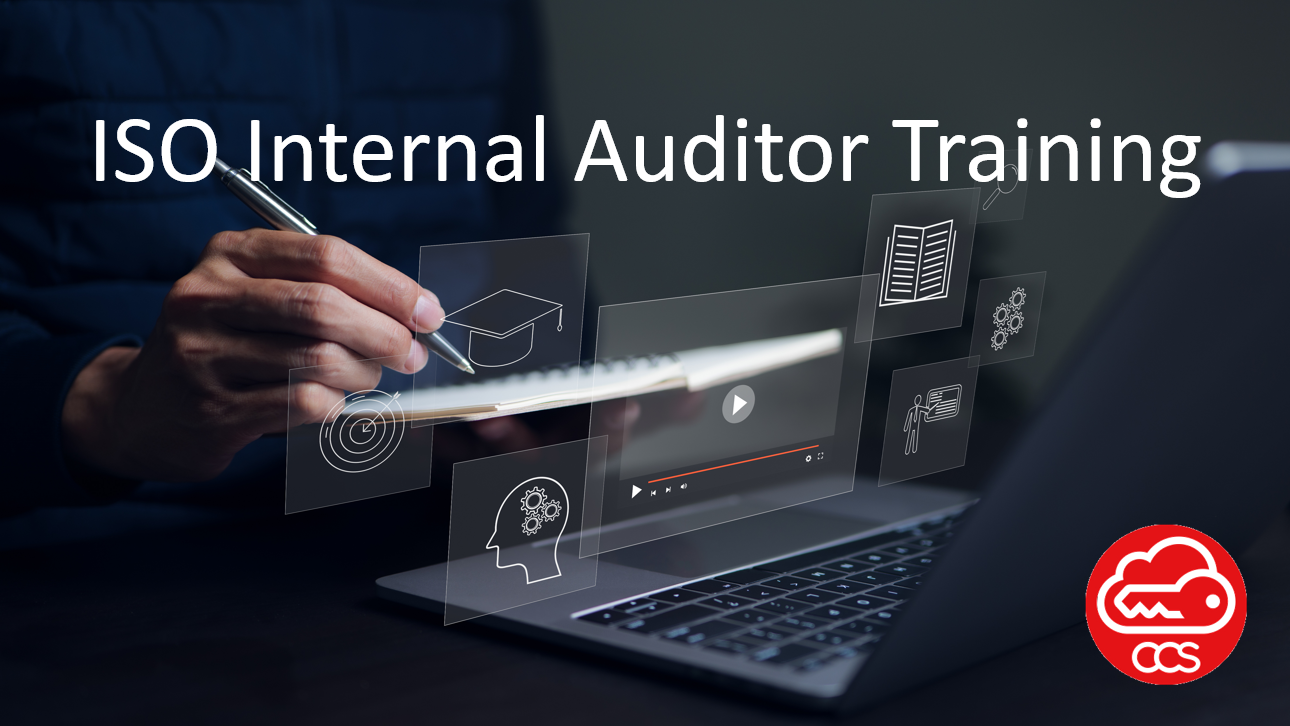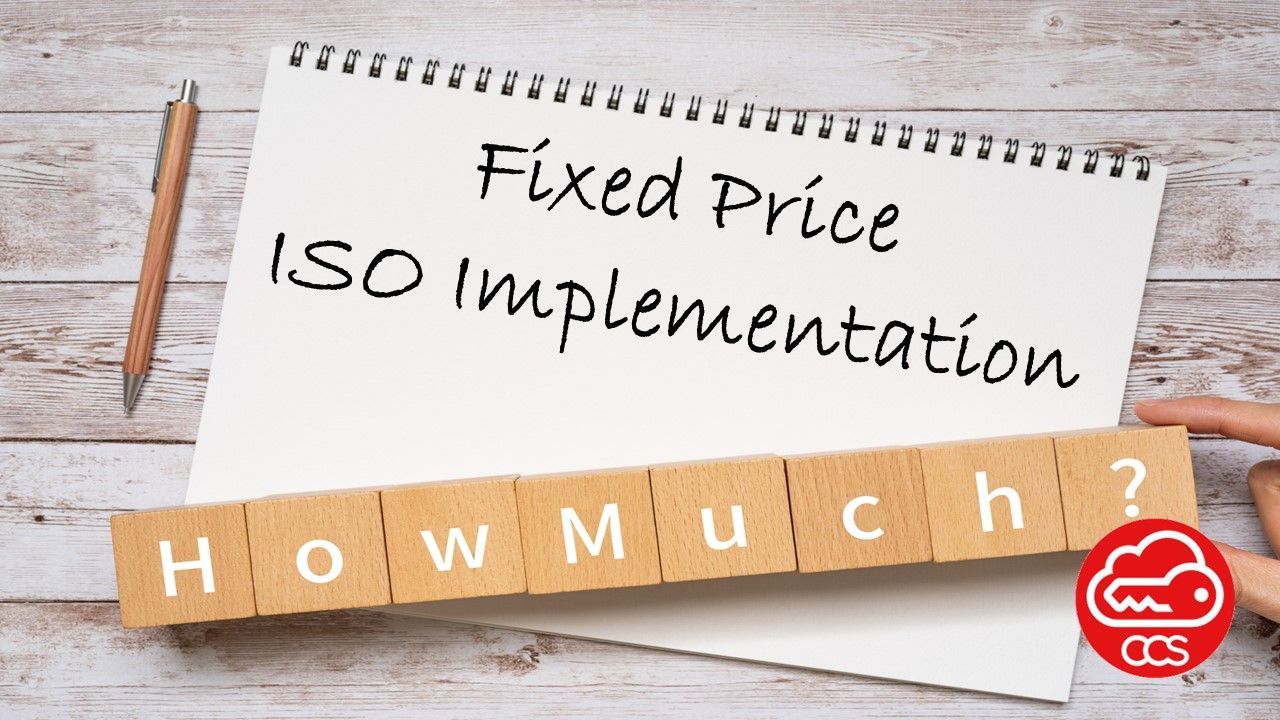To ensure that your internal auditors are well-prepared and confident in their roles, we offer comprehensive ISO Internal Auditor Training. This training is essential for both new ISO-certified companies and those with existing ISO certifications. It equips your team with the knowledge and skills to develop action plans, sample key documents and records, and proactively reduce non-conformances.
Listen to the Podcast here:
The Chronicles: ISO Audits Demystified
In today's business landscape, adhering to international standards has become a cornerstone of success. It ensures that your products and services meet globally recognized quality, safety, environmental, and security benchmarks. ISO (International Organization for Standardization) standards provide a framework for achieving and maintaining excellence in various aspects of business operations. However, to prove your compliance and maintain these standards, regular ISO audits are essential.
In this podcast, we'll demystify ISO audits and highlight what companies need to consider for ISO 9001, 14001, 45001, 50001, 22301, 27001, and 20000 certifications.
Understanding ISO Audits
An ISO audit is a systematic, independent evaluation of an organization's adherence to ISO standards. These audits ensure that the processes, systems, and practices in place align with the requirements specified in the relevant ISO standard. ISO audits can be conducted by internal auditors (within the organization) or external auditors (third-party certification bodies).
The primary types of ISO audits include:
- Internal Audits:
- These are self-assessments where the organization's own auditors evaluate compliance with ISO standards.
- They cover the following:
- Ensuring compliance to the requirements of internal, international and industry standards & regulations, and customer requirements
- To determine the effectiveness of the implemented system in meeting specified objectives (quality, environmental, financial)
- To explore opportunities for improvement
- To meet statutory and regulatory requirements
- To provide feedback to Top Management
- External Audits:
- External auditors, accredited by recognized bodies, assess your organization's conformity to ISO standards. Successful external audits result in ISO certification.
- They cover the following:
- Verify compliance to a specific standard or regulation.
- Demonstrate compliance with all the requirements of a standard such as ISO 9001, ISO 14001, OHSAS 18001 to customers and other stakeholders.
- Give confidence to customers that the best business practices are being implemented regarding quality, environmental or other management systems.
Now, let's delve into what companies need to look at for various ISO certifications:
- ISO 9001: Quality Management
- To pass the audit, companies need to:
- Document their quality management system (QMS) processes.
- Ensure customer satisfaction.
- Continuously improve their processes.
- Train staff in quality procedures.
- Maintain records of QMS performance.
- ISO 14001: Environmental Management
- Companies should:
- Develop an environmental policy.
- Identify environmental aspects and impacts.
- Set objectives for reducing environmental impact.
- Maintain documentation for legal compliance.
- Regularly review the environmental policy.
- ISO 45001: Occupational Health and Safety
- ISO 45001 centres on occupational health and safety. Compliance requires:
- Developing an occupational health and safety policy.
- Identifying workplace hazards.
- Implementing safety measures and controls.
- Monitoring and reporting incidents.
- Conducting regular safety audits.
- ISO 50001: Energy Management
- ISO 50001 focuses on energy management systems. To meet its requirements, organizations should:
- Establish an energy policy.
- Analyse energy usage and performance.
- Set energy reduction targets.
- Monitor, measure, and analyse energy consumption.
- Continuously improve energy efficiency.
- ISO 22301: Business Continuity
- ISO 22301 concerns business continuity management. For compliance:
- Develop a business continuity policy.
- Identify critical business functions and risks.
- Develop a business continuity plan.
- Conduct regular risk assessments.
- Test and update the continuity plan.
- ISO 27001: Information Security
- ISO 27001 addresses information security management systems. Companies must:
- Identify information security risks.
- Develop an information security policy.
- Implement security controls.
- Monitor and review security measures.
- Conduct regular security audits.
- ISO 20000: IT Service Management
- ISO 20000 focuses on IT service management. To be compliant, companies should:
- Develop an IT service management policy.
- Establish service management processes.
- Measure and monitor service performance.
- Conduct regular service management audits.
- Continuously improve service delivery.
Benefits of ISO Audits
ISO audits may seem like a daunting process, but they offer several benefits to organizations:
- Enhanced Reputation:
- ISO certification enhances your reputation, indicating a commitment to quality, safety, and best practices.
- Operational Efficiency:
- ISO standards help streamline processes and increase operational efficiency.
- Global Market Access:
- ISO certification facilitates entry into global markets and engagement with international clients and partners.
- Reduced Risks:
- Compliance with ISO standards reduces risks related to quality, safety, security, and environmental issues.
- Continuous Improvement:
- Regular audits drive continuous improvement, fostering a culture of excellence within the organization.
In conclusion, ISO audits are an integral part of achieving and maintaining ISO certifications. They demonstrate an organization's commitment to excellence and adherence to international standards. While these audits can be rigorous, the benefits they offer in terms of reputation, efficiency, and risk reduction make them invaluable for businesses striving to thrive in today's competitive environment. By understanding the specific requirements for each ISO standard and proactively working towards compliance, organizations can unlock the myriad advantages that ISO certification brings to their operations.




